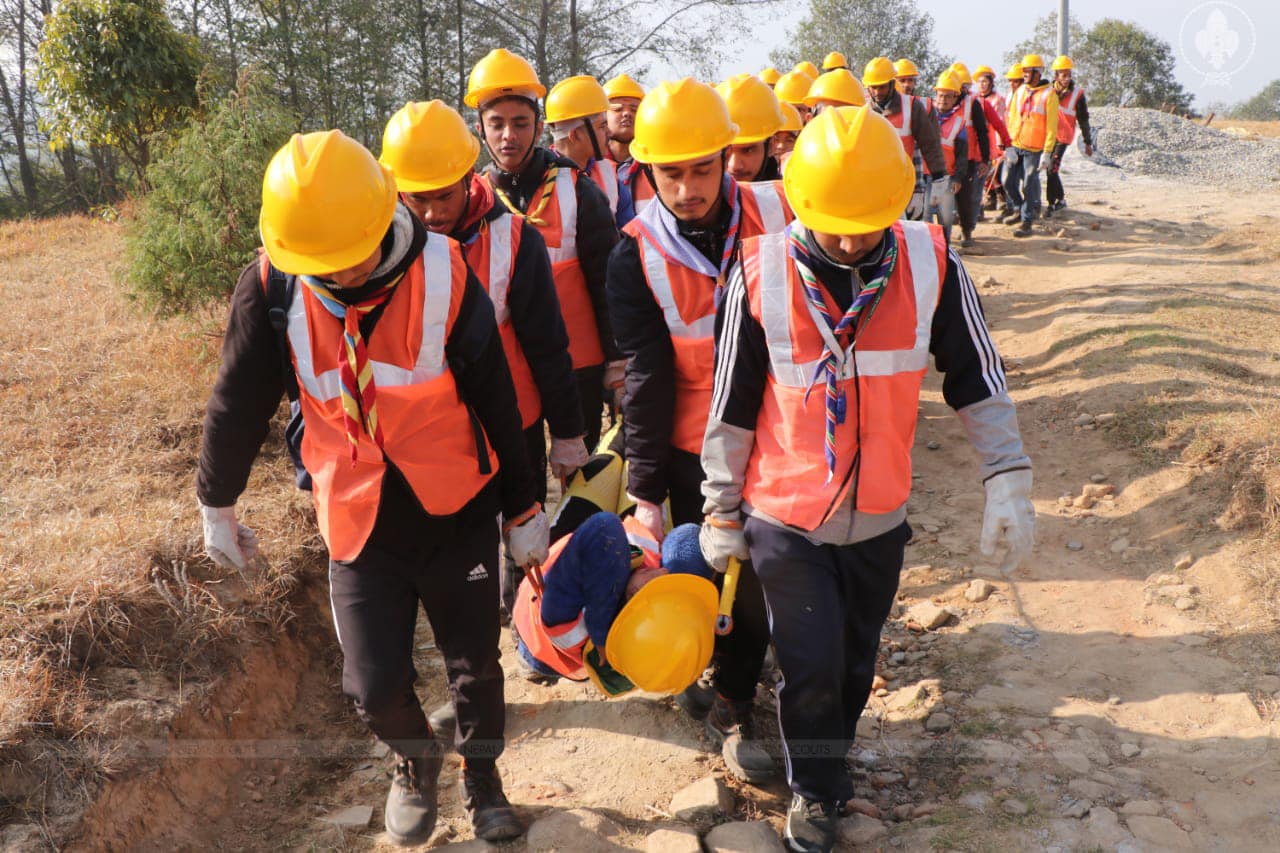Suraksha Nepal plays a crucial role in disaster risk reduction (DRR), humanitarian assistance, and emergency response in Nepal. Here are some potential aspects of Suraksha Nepal’s role in this area:
- Disaster Preparedness and Risk Reduction: Suraksha Nepal likely engages in initiatives to strengthen community resilience and reduce vulnerabilities to natural disasters and other emergencies. This could include conducting risk assessments, developing early warning systems, and implementing disaster preparedness and mitigation measures at the community level.
- Capacity Building and Training: The organization may provide training and capacity-building support to communities, local authorities, and emergency responders to enhance their knowledge and skills in disaster risk management, emergency response, search and rescue, first aid, and other relevant areas.
- Emergency Relief and Response: Suraksha Nepal likely provides immediate humanitarian assistance and relief to affected populations in the aftermath of disasters and emergencies. This could involve distributing food, water, shelter, medical supplies, and other essential relief items, as well as providing emergency medical care and psychosocial support to survivors.
- Shelter and Livelihood Support: The organization may assist affected communities in rebuilding their homes, infrastructure, and livelihoods following disasters. This could include providing temporary shelter, cash transfers, livelihood support, and other forms of assistance to help communities recover and rebuild their lives.
- Protection and Assistance for Vulnerable Groups: Suraksha Nepal likely prioritizes the protection and assistance of vulnerable groups, including women, children, elderly people, persons with disabilities, and marginalized communities, in emergency situations. This could involve ensuring their access to essential services, protection from harm, and support for their specific needs.
- Coordination and Collaboration: Suraksha Nepal may collaborate with government agencies, humanitarian organizations, UN agencies, and other stakeholders to coordinate emergency response efforts, share information, avoid duplication of efforts, and maximize the impact of collective response efforts.
- Advocacy and Policy Engagement: The organization may engage in advocacy efforts to promote policies, regulations, and practices that enhance disaster preparedness, response, and recovery, as well as address underlying risk factors and vulnerabilities that contribute to disasters and emergencies.
- Community Recovery and Rehabilitation: Suraksha Nepal likely supports long-term recovery and rehabilitation efforts in disaster-affected communities, including livelihood restoration, infrastructure reconstruction, community-based disaster risk management initiatives, and psychosocial support for survivors.
Overall, Suraksha Nepal’s role in DRR, humanitarian assistance, and emergency response is essential for mitigating the impact of disasters and emergencies, saving lives, alleviating suffering, and supporting affected communities in their recovery and resilience-building efforts.
